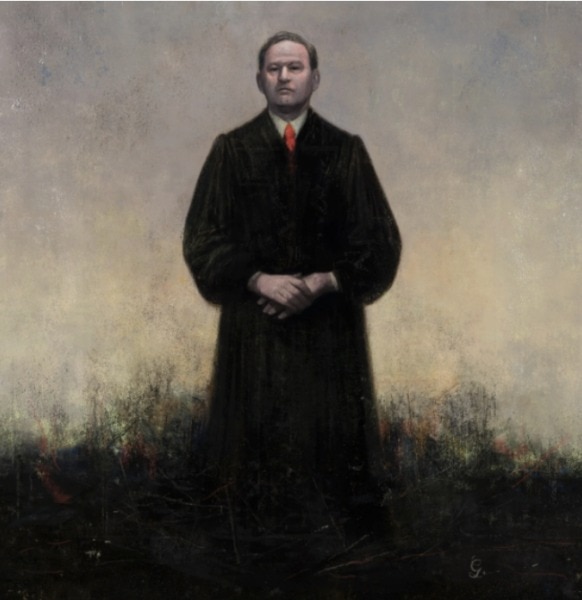
Credit: Illustration by Gérard DuBois / The New Yorker
Some baby boomers were permanently shaped by their participation in the countercultural protests and the antiwar activism of the nineteen-sixties and seventies. Others were shaped by their aversion to those movements. Justice Samuel Alito belongs to the latter category. For many years, he lacked the power to do much about that profound distaste, and in any case he had a reputation for keeping his head down. When President George W. Bush nominated Alito to the Supreme Court, in 2005, many journalists portrayed him as a conservative but not an ideologue. The Times noted that legal scholars characterized his jurisprudence as “cautious” and “respectful of precedent.” Self-described liberals who’d known him—as an undergraduate at Princeton, as a law student at Yale, or in some later professional capacity—sketched portraits of a quiet, methodical, reasonable man.
On the Court, even as Alito’s opinions aligned consistently with the goals of the Republican Party—in particular, of social conservatives—admirers praised him as pragmatic and Burkean. According to a 2018 C-span/P.S.B. poll, […]









